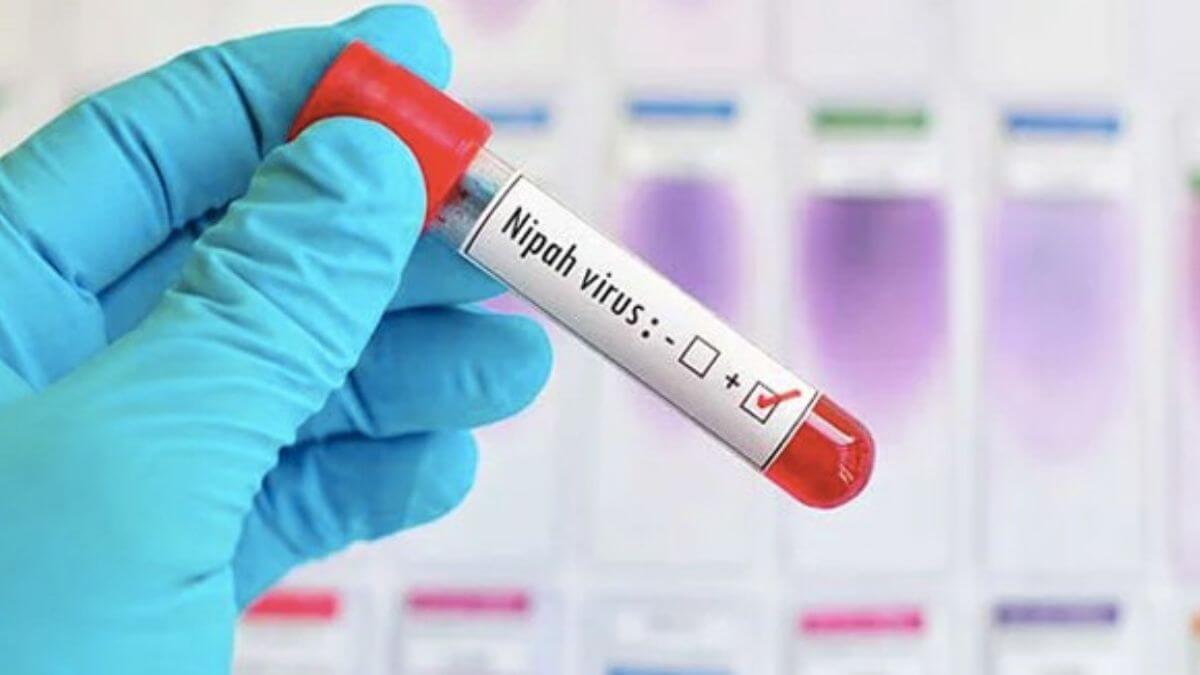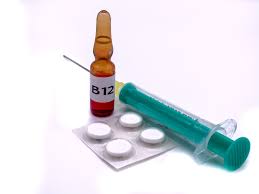COVID-19 new variants: Symptoms, treatment, and prevention according to doctor
Tue 02 Sep 2025, 01:53:25

Following the recent discovery of a new COVID Variant in the US, two new Omicron sub-variants, NB.1.8.1 ("Nimbus") and XFG ("Stratus"), have caused concern. Both strains are easily infectable. Stratus is a combination of earlier forms of Omicron, whereas Nimbus is more contagious. While there is currently no evidence that they make individuals sicker than previous iterations, their quick spread affects individuals worldwide.
India has already reported confirmed cases, and the need for ongoing vigilance is highlighted. The following are the key things that individuals should know about the new strains, according to Dr Neha Rastogi, Consultant – Internal Medicine, Fortis Memorial Research Institute, Gurugram.
COVID-19 new variant: Signs to look out for
While there are some key differences, the syndrome of Nimbus and Stratus is similar to that of earlier Omicron variants. Nimbus (NB.1.8.1) often leads to fever, fatigue, congestion, muscle ache, and stomach issues, along with an agonising sore throat likened to a "razor blade." Stratus (XFG) tends to cause fever, cough, sore throat, fatigue, loss of taste or smell, chest tightness, and strange drowsiness.
The populations that are most vulnerable to consequences, says Dr Rastogi, include older individuals, unvaccinated individuals, and individuals who have underlying medical issues such as diabetes, heart disease, or respiratory illnesses.
Indian treatment options
These variants are handled the same as earlier waves of COVID-19. High-risk patients can be given antivirals like Paxlovid and Molnupiravir if given in time, according to Dr Rastogi. Supportive treatment is still essential and involves rest, temperature maintenance, oxygen management, and hydration.
Hospitalisation, which could
include oxygen therapy and steroids, is needed for moderate to severe cases. Early evaluation and early treatment prevent problems from worsening. The best option is still prevention.
include oxygen therapy and steroids, is needed for moderate to severe cases. Early evaluation and early treatment prevent problems from worsening. The best option is still prevention.
Preventive measures
Preventive measures can still effectively stop the spread of new variants. Dr Rastogi emphasised that vaccines and booster shots are still a strong shield against severe illness. Transmission can be lowered by wearing masks in crowded or unventilated spaces, frequently washing your hands, and following respiratory etiquette.
Especially during festivals, travelling, or group meetings, timely testing and quarantine are still necessary to prevent further transmission.
Boosters and vaccine protection
Both Covishield and Covaxin are effective against severe diseases caused by new strains. Dr Rastogi pointed out that Covishield provides 80–85% protection, with improved efficacy when doses are given appropriately, while Covaxin provides about 70% protection against infection and more than 90% protection against severe disease. Booster shots greatly enhance immunity and are strongly recommended, particularly for chronic illnesses and elderly people.
India's readiness
India has been better equipped to respond to pandemics ever since 2020. With RT-PCR and rapid antigen testing readily available, INSACOG's network ensures genomic surveillance and testing capability remains robust. Having administered over two billion vaccine doses, one of the largest global immunisation campaigns is being run by India.
Preventive measures and the latest public health protocols are constantly enforced to remain ahead of new threats. Although the new variants do not appear to cause more serious illness, caution is necessary due to their high transmissibility.
No Comments For This Post, Be first to write a Comment.
Most viewed from Health
AIMIM News
Latest Urdu News
Most Viewed
May 26, 2020
Should there be an India-Pakistan cricket match or not?
Latest Videos View All
Like Us
Home
About Us
Advertise With Us
All Polls
Epaper Archives
Privacy Policy
Contact Us
Download Etemaad App
© 2026 Etemaad Daily News, All Rights Reserved.

























.jpg)
.jpg)
.jpg)


